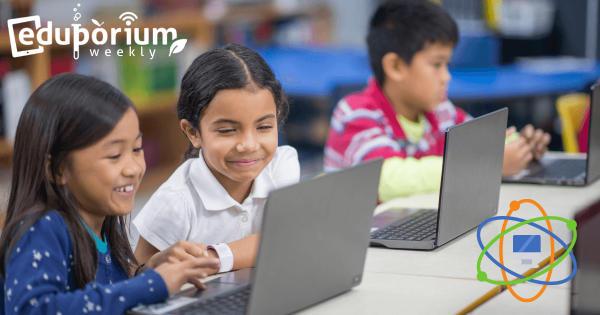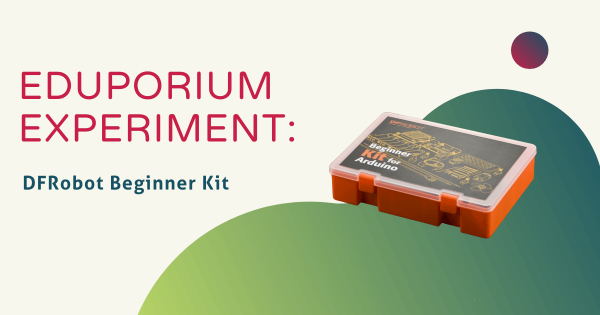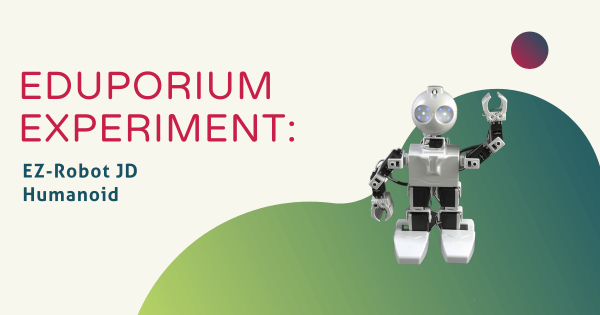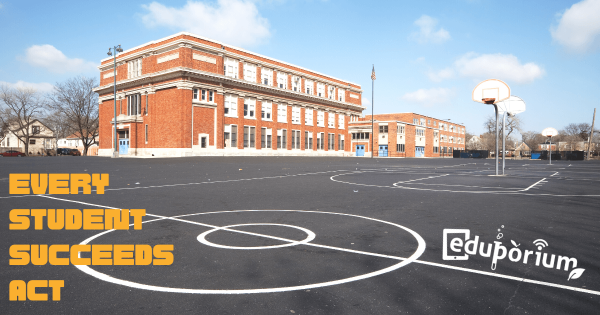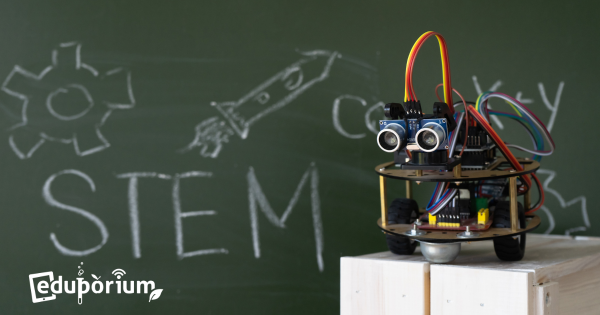Alarmingly, just one in 10 American schools offer regular computer science classes in their curricula. If I could pick just one word to describe that trend, it might have to be ‘disconnect.’ It doesn’t make any sense, you see, because jobs involving computer science skills are being created four or five times as fast as qualified graduates can fill them.
Computer Science
Computer science remains an integral element of STEM education and, these days, of K-12 education as a whole. With so many connections to current or future career opportunities, learning computer science skills can unlock various professional benefits for today's students. Because much of computer science ties in to the STEM economy in so many ways, it truly began to boom in high schools over the last couple decades. Now, however, students are starting to get a taste of it as early as kindergarten. With that foundation, they can continue learning new and more intricate skills throughout elementary and middle school. This helps put them in a prime position to learn the more advanced skills and coding languages in high school. With hands-on coding experiences serving as a driving introductory force to learning computer science, tons of students continue to benefit.
It's truly possible to incorporate a computer science curriculum at all levels of education. Even if experiences happen only after school, kids of any ages could partake. As early on as kindergarten, children can explore screen-free coding and develop foundational CS skills with tools like the Cubetto Robot or Bee-Bot. And, moving into early elementary school, they can dive into digital coding with block-based challenges. This introduces them to some more important elements of computer science and includes robust solutions they can try in classrooms. Among them are the Ozobot Evo, Dash Robot, Root Robot, and tons of others. Then, in middle school, they could explore graphical coding further or get into text-based coding. Using tools like the Edison Robot, Finch 2.0, Marty V2, or others, they can try more. Then, they'll be ready for full text code in high school with the NAO AI, databot 2.0, or others.
-
Eduporium Experiment | DFRobot For Arduino
For those (like me) who can’t help but feel a little bit intimidated by a tool like the Arduino, we may have found you a way to get past those fears. The DFRobot Beginner Kit combines all the power of the Arduino software with unmatched simplicity as it perfectly teaches students in grades six and up the basics of programming.
-
Eduporium Experiment | EZ-Robot JD Humanoid
The JD Humanoid perfectly combines all the characteristics you could want in a STEM learning tool and it’s perfect for quick classroom lessons or group projects. One of three EZ-Robot models, the JD helps kids excel at learning programming basics through the simplicity built into the ez-builder software—and, trust me, it doesn’t get much easier!
-
Eduporium Weekly | Using Tech In Sports
If you watched the Olympics, you noticed a major difference in how the athletes competed relative to even just a few years ago. The revolutions in sports technology are astounding and, more impressively, still in their infancy. It’s a testament to both the advances in STEM innovations and the desire of athletes, coaches and team owners wanting to succeed.
-
Eduporium Weekly | The Impacts Of The ESSA
Back in December, President Obama proposed and helped pass this Every Student Succeeds Act. A more modern version of the No Child Left Behind initiative, the ESSA will aim to ensure that every K-12 student in the United States has equal access to the latest and greatest in learning opportunities and crucial STEM tools every time they step in the classroom.
-
Eduporium Weekly | Teaching Programming In K-12 Education
If you’re a STEM-minded teacher and believe your students might benefit from being introduced to programming, you might be right. Students with programming skills—however basic they may be—are able to navigate a wealth of quality opportunities from internships to future employment gigs because this is one of the most important skills employers are looking for.
-
Eduporium Weekly | Celebrating Code Day
We think that everyday should be code day—at least in today’s K-12 schools. It is, however, Code Day in our hometown of Boston—actually Code Weekend if you want to get official as educators and makers around the area are celebrating the power of coding this Saturday and Sunday. And, we’re celebrating with them thanks to our Code Day Sale!
-
Eduporium Weekly | Happy Mother's Day
Without moms, there wouldn’t be any future-ready kids poised to take on the world thanks to an all-encompassing STEM education. Just like how mothers help them in life, EdTech helps kids grow in school and shapes them to be the learners that mom knows they can. And, believe it or not, there are some connections between robots and the things moms do.
-
100 Girls of Code Group Explores Makey Makey
They couldn’t wait to get started and rushed to open the boxes we had received from Eduporium—an educator’s dream for one-stop shopping and the latest STEM classroom technology! We must say that some of the facilitators entered the Makey Makey activity with some trepidation, however, most were curious and excited to explore the possibilities!
-
Eduporium Weekly | National Robotics Week Pt. 2
We’re sad that this year’s National Robotics Week celebration is nearing its end but that does not mean that learning with robotics needs to! If you ask us, robotics in every classroom should be a year-round thing—after school and even during the summer—not just one week in April! We’ll try to share some ideas for achieving this and starting up the excitement for next year!




